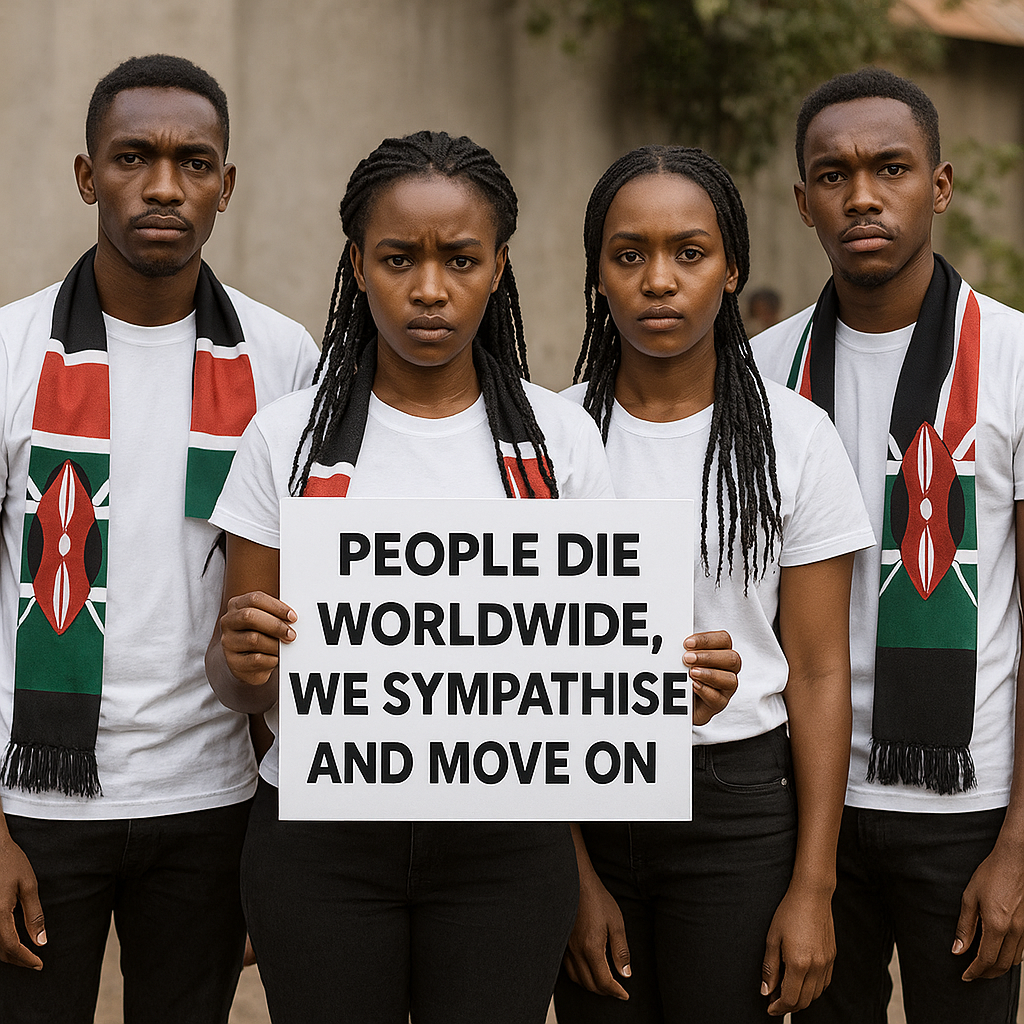
The following is a summary of the key expenditures incurred by the State House during the financial year ending 30th June 2024, as reported by the Controller of Budget (COB). The expenditure is categorized into recurrent and development spending.
Recurrent Expenditures
- Employee Compensation: The State House spent a total of Sh2.7 billion on employee compensation during the financial year. This includes salaries, wages, and other employee-related costs.
- Domestic Travel: Expenditures on domestic travel amounted to Sh1.4 billion. This covers transportation costs for State House staff within the country.
- Foreign Travel: A sum of Sh298 million was spent on foreign travel. This includes costs for international trips taken by State House personnel for official purposes.
- Hospitality Expenses: The hospitality budget totaled Sh1.2 billion. This covers costs related to hosting guests, official ceremonies, and other hospitality services provided by the State House.
- Fuel, Oil, and Lubricants: The State House allocated Sh408 million for fuel, oil, and lubricants to support its transportation and operational needs.
- Vehicle Purchases: A total of Sh548 million was spent on the purchase of new vehicles for official use.
- Office Furniture and Equipment: The expenditure on office furniture and equipment was Sh220 million, covering purchases and replacements needed to maintain operations.
Development Expenditures
- Non-Residential Buildings (Construction): The State House invested Sh616.8 million in the construction of non-residential buildings. This includes new office spaces, public buildings, and other infrastructure projects.
- Refurbishment of Buildings and Infrastructure: An amount of Sh583 million was allocated for refurbishing and upgrading existing buildings and infrastructure under the State House’s purview.
- Other Development Expenditures: Other development-related spending amounted to Sh1.3 billion. This category includes various projects and activities not classified under the main development expenditure headings.
Conclusion
Overall, the financial year ending 30th June 2024, saw significant expenditure by the State House in both recurrent and development areas. Employee compensation and domestic travel were the highest recurrent costs, while construction and refurbishment of buildings were major components of development spending. The comprehensive management of these funds is crucial to ensuring efficiency and accountability in the use of public resources.
